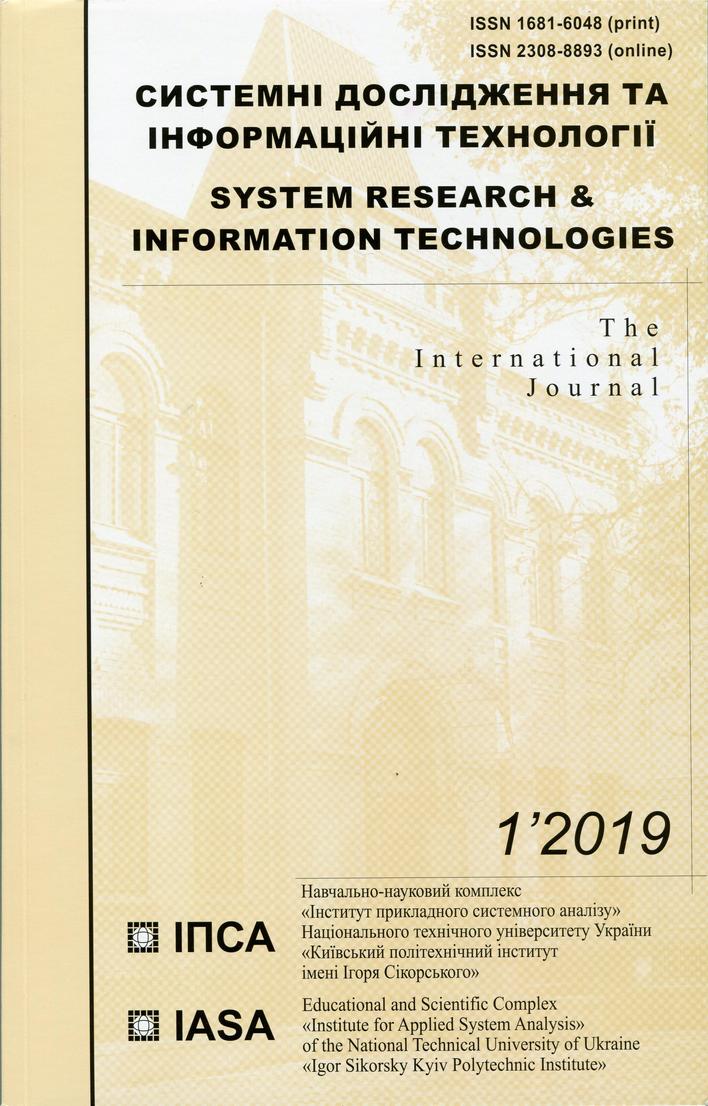The problem of corruption suppression using optimal control
DOI:
https://doi.org/10.20535/SRIT.2308-8893.2019.1.11Keywords:
optimum control, corruption, Pontryagin’s maximum principle, corruption storage function (utility function), local stable and unstable equilibrium pointsAbstract
The problem of corruption suppression using mathematical modeling and optimization, i.e using the Pontryagin maximum principle, was considered. The reviewing and building models for this problem was conducted. The study of corruption suppression using optimal control confirmed the assumption that corruption did not have a dominant overall strategy. It is proved that there are two local stable equilibriums, namely one where everyone is corrupt and it takes corruption and another where all people are honest and corruption is uniformly condemned. Between them there is an unstable equilibrium where the level of corruption expected in accordance with the representations of citizens coincides with the actual intensity of corruption. Two cases of the corruption accumulation function were considered: linear and concave. For the linear function, the solution is found in general terms, for the concave — on several examples.References
Sorokina N.H. Naprjamy zapobihannja koruptsiyi v orhanakh publichnoyi vlady na suchasnomu etapi derzhavotvorennja / N.H. Sorokina // Derzhavne upravlinnja ta mistseve samovrjaduvannja. — 2015. — Vyp. 2. — S. 259–267.
Feichtinger G. Optimale Kontrolle ökonomischer Prozesse. Anwendungen des Maximumprinzips in den Wirtschaftswissenschaften / G. Feichtinger, R.F. Hartl. — Berlin: de Gruyter, 1986.
Michel P. On the transversality condition in infinite horizon optimal control problems / P. Michel // Econometrica 50. — 1982. — P. 975–985.
Dawid H. On the Persistence of Corruption / H. Dawid, G. Feichtinger // Journal of economics. — 1996. — Vol. 64, N 2. — P. 177–193.
Feichtinger G. On the Stability and Potential Cyclicity of Corruption within Governments subject to Popularity Constraints / G. Feichtinger, F. Wirl // Mathematical Social Sciences. — 1994. — N 28. — P. 113–131.
Wrzaczek S. The reproductive value in distributed optimal control models. Theoretical Population Biology / S. Wrzaczek, M. Kuhn, A. Prskawetz. — Krakov: Wydawnictwo, 2010. — 670 p.

